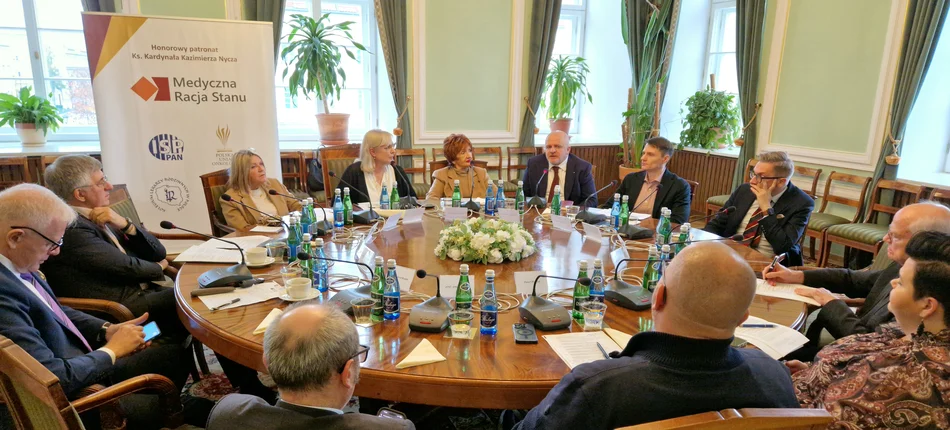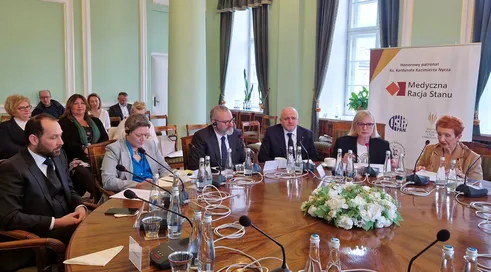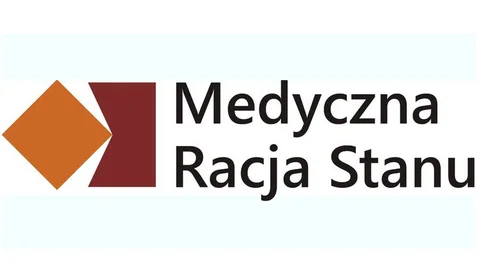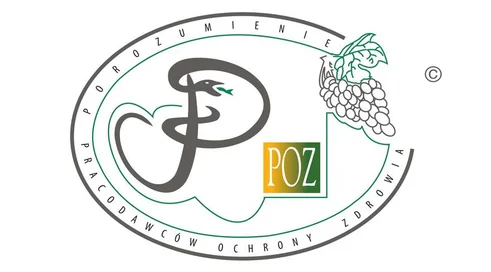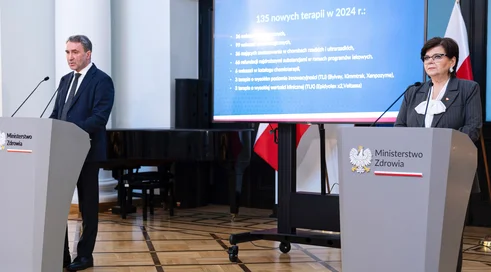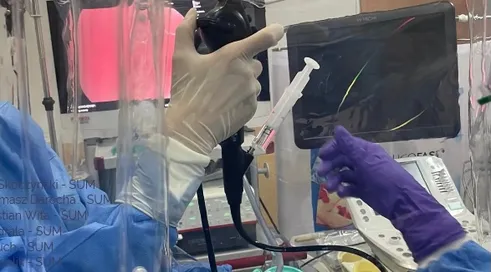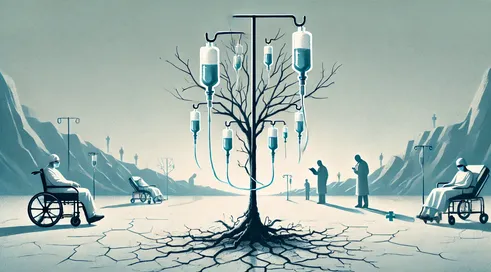The NFZ activity report for the previous year clearly shows that waiting times for appointments with specialists - both for stable and urgent cases - have increased. Despite increasing expenditures, the number of services provided has not increased and continues to fail to meet patient demand.
The Medical Rationale of State experts emphasized the growing importance of access to prevention and effective therapies in terms of measuring health outcomes and overall costs in the Polish health care system.
Zbigniew Derdziuk, chairman of the Social Insurance Institution (ZUS), said that we spend PLN 29 billion on the sickness fund, of which PLN 19 billion on sick leave. - As a society we are aging, and if we don't take care of our health, there will be no one to work and no one to take care of the sick, he warned.
PLN 6 billion costs us for non-adherence to medicine (adherence)
Prof. Aleksander Prejbisz, head of the Department of Epidemiology, Prevention of Cardiovascular Diseases and Health Promotion at the National Institute of Cardiology in Warsaw, noted that adherence to medical recommendations is not only about taking medications, but also lifestyle modification. And we have a problem with both. - One-third of patients with lipid disorders or hypertension, after visiting the doctor and receiving a prescription, do not buy the drugs. This is a social problem, because we are talking about millions of patients. Of those who start treatment, half do not make it to the end of the first year of therapy. The least number of such people is in the 70- and 80-year-old group. The problem of non-adherence to medical recommendations affects young middle-aged patients, he enumerated. According to him, one of the reasons is the lack of quality in health care. - The system is quantitative, not qualitative. It motivates neither the doctor nor the patient. And in some countries, the amount of drug reimbursement depends on the improvement of the patient's results, he said.
Prof. Alexander Prejbisz pointed out that today access to medical knowledge is easier, because the patient can find many things on the Internet. - This changes the relationship between doctor and patient towards shared responsibility, partnership, understanding, he stressed.
He added that he tries to make it easier for patients to comply by prescribing compounded preparations so that they take fewer pills. He pointed out that in the case of chronic diseases, the patient doesn't see the effects of treatment because it prevents dangerous complications. - It is important to explain this to the patient," he said.
Prof. Artur Mamcarz, head of the Department of Internal Medicine and Cardiology at WUM, added that the patient and his family can see the effects of not following medical recommendations if the patient suffers a stroke or heart attack. He cited the example of Portugal, where 30 years ago the effectiveness of hypertension treatment was 3 percent, and today it has become a benchmark for the EU, reaching 50 percent. - Portugal has i...
Content locked
To gain access to the complete English section of the Medexpress.pl, kindly reach out to us at english@medexpress.pl.



